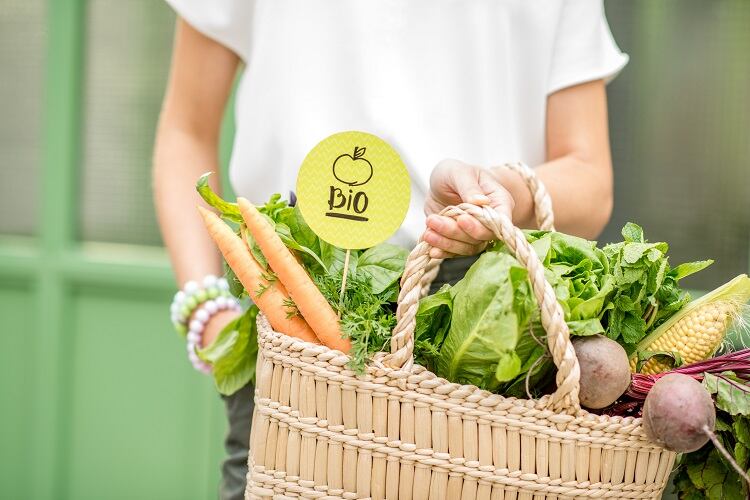The concept of local food is attracting increased consumer interest. Whether selected in reaction to the ‘lost authenticity’ of conventionally produced food, or because consumers associate local food with geographic specificity, local food has made a mark on the Danish food scene.
Organic food in also popular in Denmark, albeit with a stronger foothold in Danish culture. According to the Danish Agriculture and Food Council, Denmark has the highest market share of organic products in the world.
“Proportionally, the organic market in Denmark is the biggest in the world, with organic food making up roughly 12% of the total retail food market in 2018,” noted the Council.
However, it has been suggested that the organic system is suffering from perceptions of inauthenticity. Not only is organic food widely sold in Denmark, both in mainstream discount and up-market retail stores, but organic production facilities are often as large-scale as conventional farms.

The presence of these two preferences – local and organic – makes it ‘unclear’ whether they are complementary or competitive trends in food consumption, according to researchers from the University of Copenhagen’s Department of Food and Resource Economics.
The study
In a study due to be published in Appetite next year, researchers led by Kia Ditlevsen have analysed the values and opinions of two groups of Danish consumers: those who prefer organic food products (organic consumers) and those who prefer locally produced food products, but do not buy organic (local-food consumers).
The team combined results from qualitative focus groups and a quantitative survey to determine what values and opinions are associated with the consumption of locally produced food by organic consumers and local-food consumers.
In addition, the researchers sought to find out whether local-food consumers and organic consumers have the same or different socio-economic characteristics.
The findings
Findings revealed that organic consumers and a subgroup of local-food consumers – ‘committed local-food consumers’ – associate the same qualities with locally produced foods: both groups are guided by a quest for taste, purity, diversity, authenticity, and ethical concerns about the local area, the University of Copenhagen’s Ditlevsen told FoodNavigator.
However, only organic consumers included climate and environmental effects in the externalities considered in food choices, and often prioritised ‘organic’ over ‘local’.
The lead author continued: “Organic consumers also differed from local-food consumers in being more likely to be from urban population segments with higher levels of education.”
The sub-group of local-food consumers that were labelled ‘indifferent local-food consumers’ stood out from the other groups, Ditlevsen noted, as their preference for locally produced food seemed to be associated neither with values nor with opinion.
“In contrast to the other two segments, this segment’s food choices do not seem to be influenced by immaterial qualities,” she explained. “Consumer research must take the findings on the ‘indifferent consumers’ into consideration and not overestimate the importance of values

and opinions on food consumption.”
What can the food industry take from this?
According to the study, ethical concerns motivate both organic and committed local-food consumers in their preference for locally produced food, we were told.
“Both groups wish to support local rural areas – regions – in terms of jobs and economy, and organic consumers are also likely to take environmental concerns into consideration.”
Ultimately, the study demonstrates that certain consumers groups are ‘critical towards the industrialised modern food system’ and ‘require ethically acceptable food products’, Ditlevsen told this publication.
“This implies that there exists a demand for food that is produced with respect for the environment and local development, as well as demand for ‘purity’ in foods.”
Source: Appetite
‘A taste for locally produced food – Values, opinions and sociodemographic differences among ‘organic’ and ‘conventional’ consumers
Due to be published: 1 April 2020
DOI: https://doi.org/10.1016/j.appet.2019.104544
Authors: Kia Ditlevsen, Sigrid Denver, Tove Christensen, Jesper Lassen




